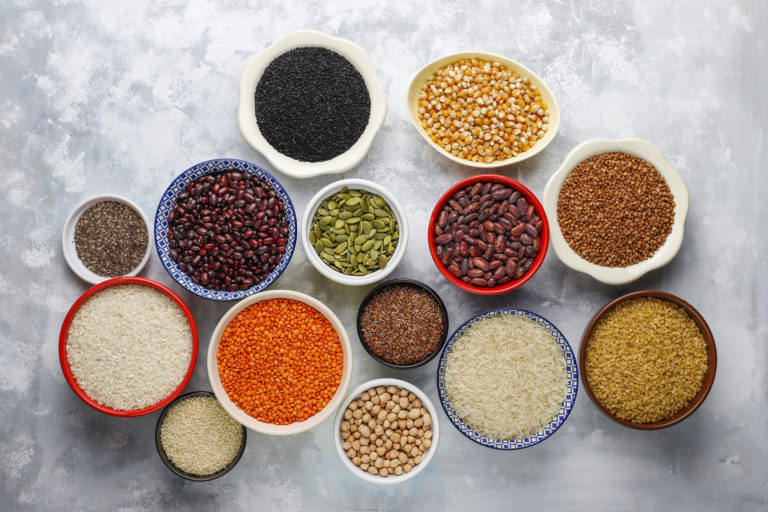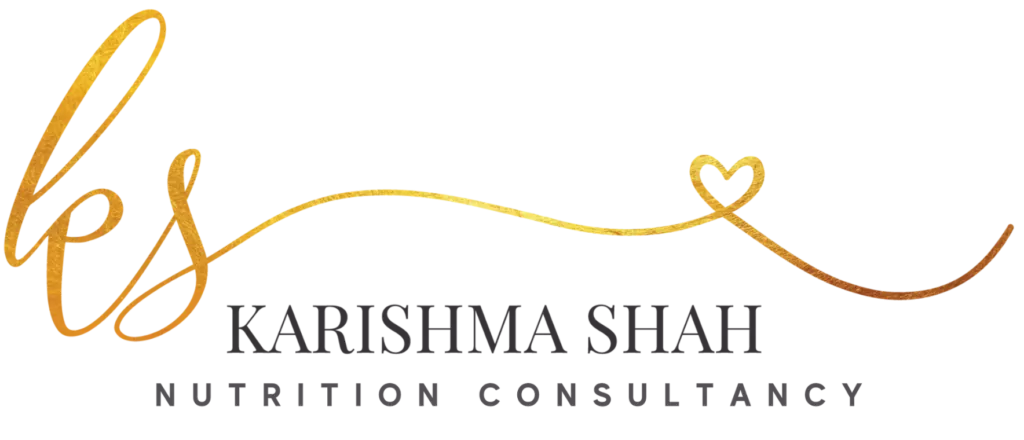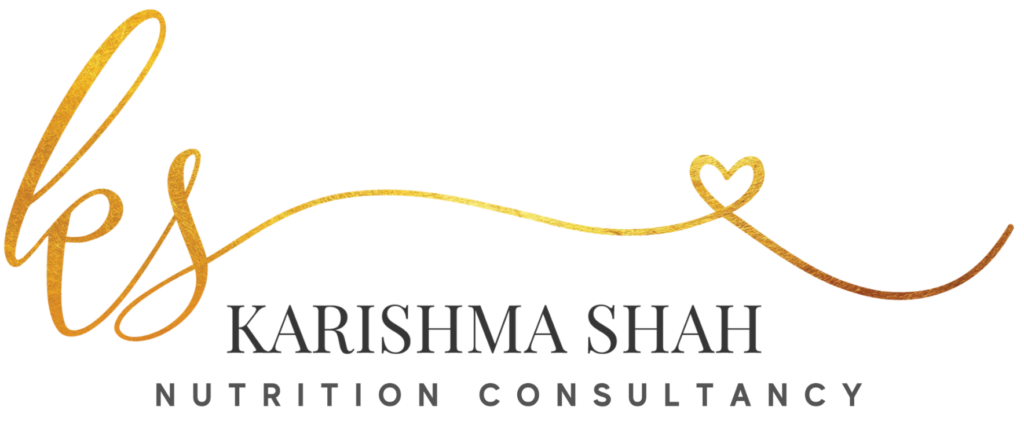Vegetarian? Vegan?
Protein Problem?
Protein is the basis of the question that vegans and vegetarians get asked more than any other. When it comes to supplements for vegans, people are thoroughly worried about the proteins. The real question then arises: How do vegans get their protein? Vegetarians who eat a range of plant foods can easily meet their protein requirements, even though the protein content of vegetarian diets is usually lower than that of omnivorous diets.

Below are some of the best plant-based proteins:
MR. BEAN TO YOUR RESCUE!
All beans, lentils, and legumes are some of the best vegetarian and vegan sources of protein. Indian dal, kidney beans, black beans, vegetarian chilli, split pea soup, and chickpea hummus are all great options. The protein content varies insignificantly by variety. Beans are one of the most popular protein-rich foods for vegetarians.
THE SOY FAMILY
All beans, lentils, and legumes are some of the best vegetarian and vegan sources of protein. Indian dal, kidney beans, black beans, vegetarian chilli, split pea soup, and chickpea hummus are all great options. The protein content varies insignificantly by variety. Beans are one of the most popular protein-rich foods for vegetarians.
Amaranth(Rajgira) is a handy grain that can be boiled for a side dish, or popped in a skillet or porridge to add fibre to granola bars or salads. It has a subtle, nutty taste and preserves its crunch even when cooked. When pounded into a flour, amaranth can also be used in gluten-free baking.
Chia seeds are tiny seeds that are usually black or white. They are indifferent as they can absorb liquid and form a gel-like substance. As a result, it can be used to make puddings. They’re also generally used as an egg replacement in vegan baking. However, chia seeds can also be used raw as a topping for salads or oatmeal, mixed into baked goods, or added to smoothies.
Buckwheat is also a gluten-free grain that’s a source of protein. In Japanese cuisine, buckwheat is most commonly utilised in the form of noodles, which are called soba.
Protein powder supplements are a good choice for people seeming to bulk up or require a high-protein diet. The powders are easy to incorporate in shakes or smoothies. Spirulina is a variety of blue-green algae that’s a well-known supplement among those on vegan and vegetarian diets. The powdered form of spirulina can be easily added to smoothies, soups, and salads for a boost of nutrition.
Quinoa is the protein powerhouse of whole grains, as it contains all required amino acids. Additionally, whole-grain bread, brown rice, barley are all healthy protein-rich foods for vegetarians and vegans as well.
Nuts, comprising of peanuts, cashews, almonds, and walnuts, all contain protein, as do seeds such as sesame seeds and sunflower seeds. They are great as a post-workout or occasional snack. Seldom, try out cashew nut butter for a little variety if you’re bored of peanut butter.
Despite some fears over being able to get adequate protein on a vegan or vegetarian diet, much high protein, plant-based foods are available. To ensure you’re meeting your amino acid requirements on a vegan or vegetarian diet, try adding more of these complete protein sources into a separate diet.

